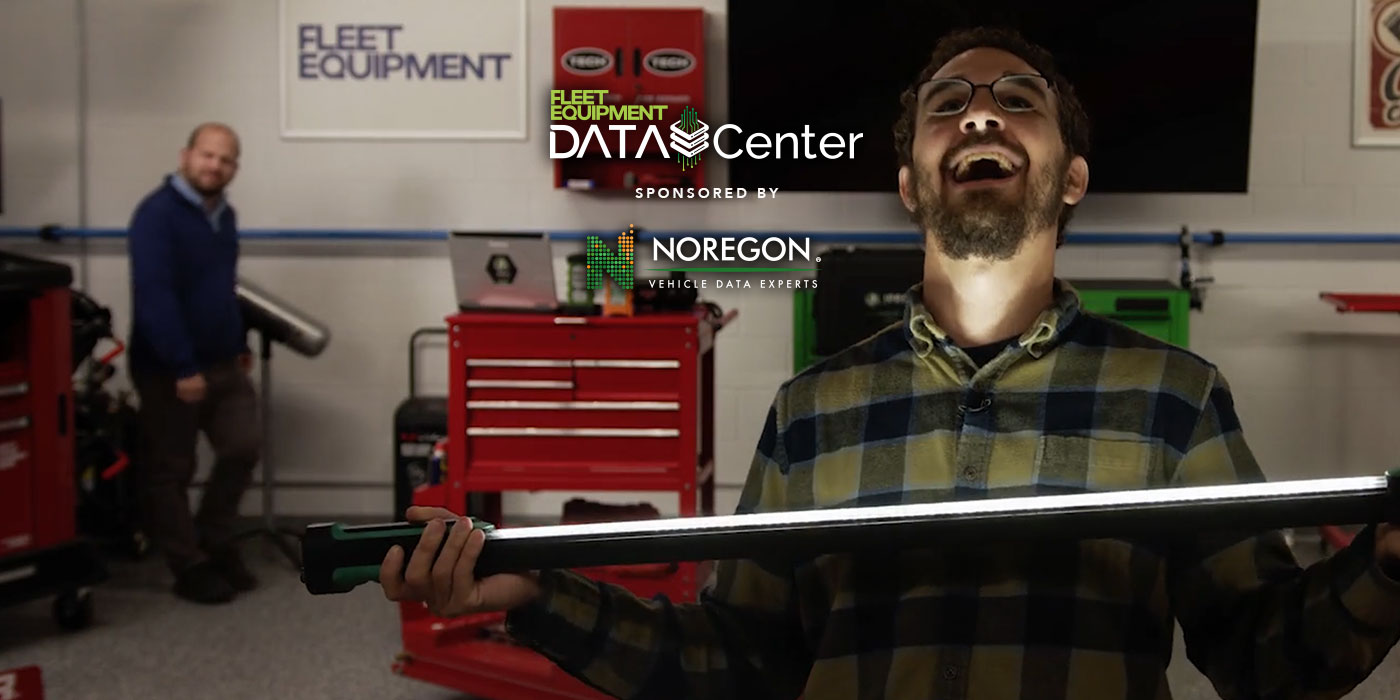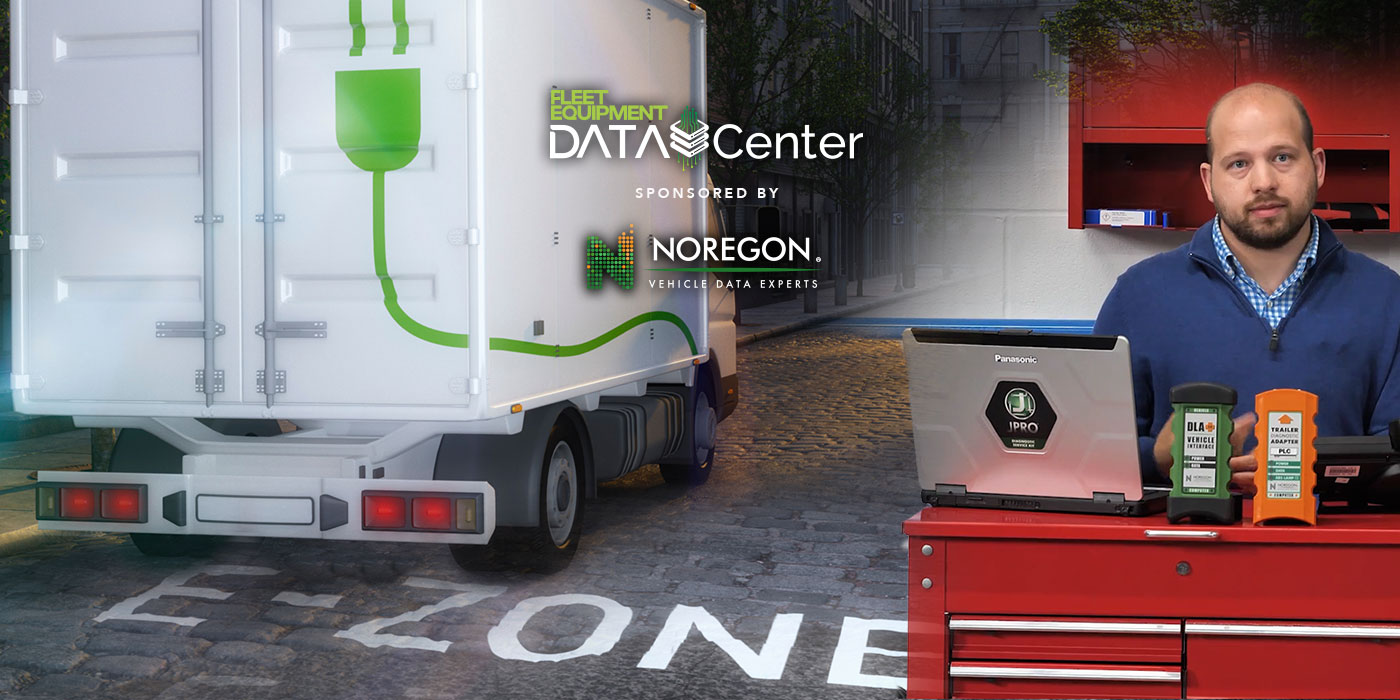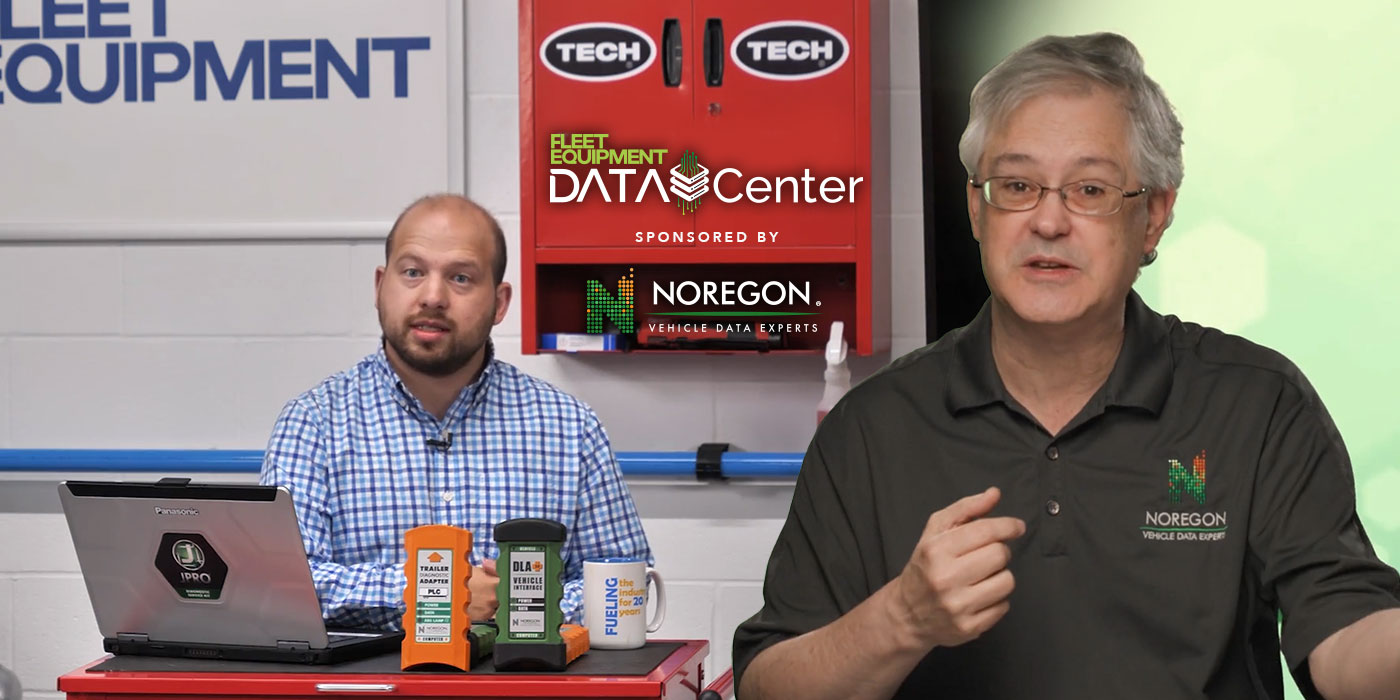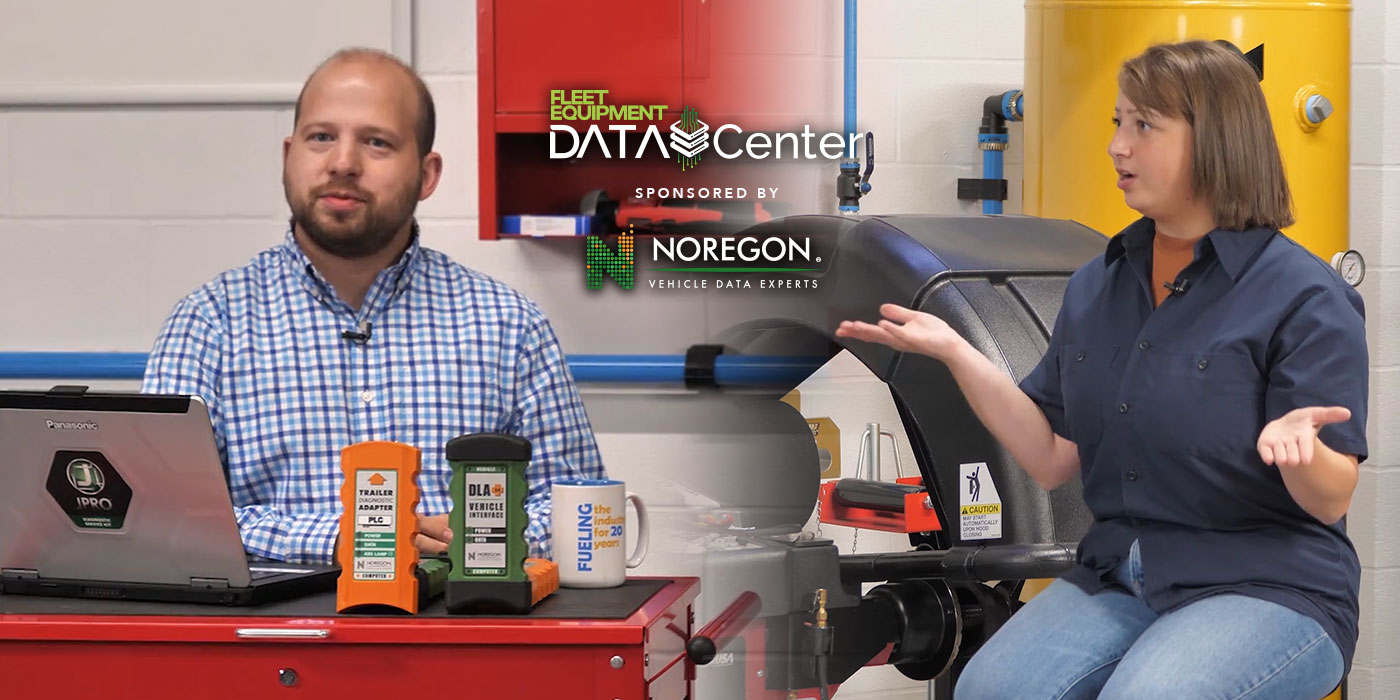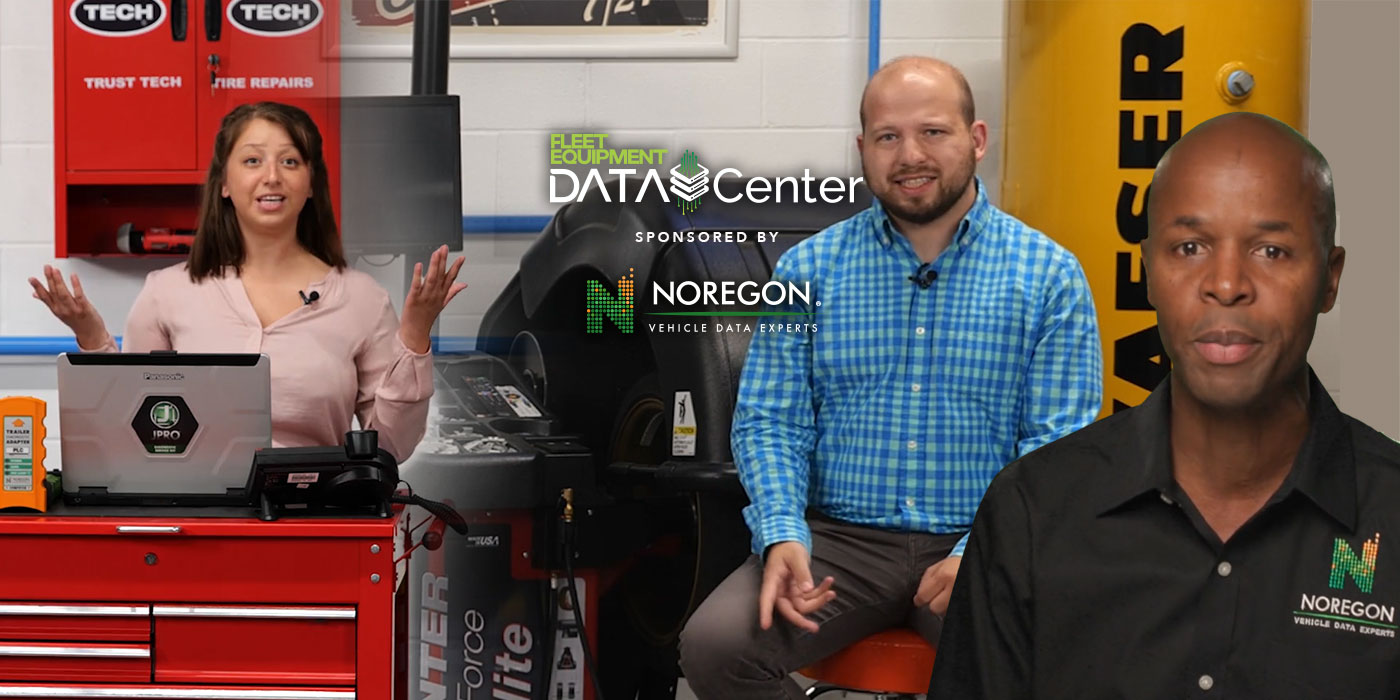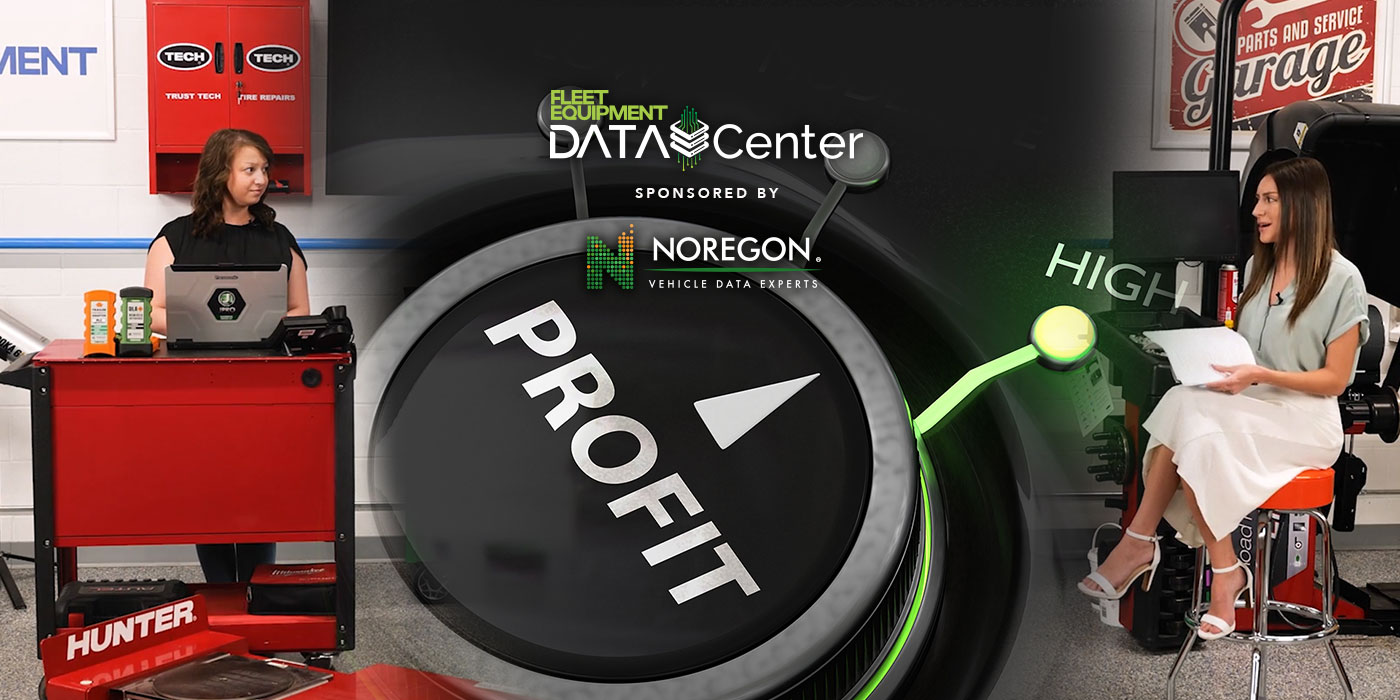If you’ve been following technology news, or any kind of news, lately, you’re probably aware of the rise of AI, specifically when it comes to language models like Chat GPT.
There’s a lot of hyperbole out there about A.I., from the fear that it’s going to replace us and take all of our jobs, to overenthusiastic people promising that it will be able to do things that it simply cannot do today. It’s become a buzzword, and the more it’s said, the less clear a picture we all have about what it is and what it does.
So let’s talk facts, and get to what role it can play in truck service shops. Though a lot of people talk about it like it just became a thing this year, the truth is, A.I. isn’t new – artificial intelligence is a term that has been around for decades and decades, to refer to when computers are able to use data that they’re fed in order to perform their functions. When your phone checks and corrects your spelling, that’s A.I. When Bowser predicts the exact moment to jump on Mario’s head, that’s A.I. This has all been the case for decades.
But what is new are large language models like Chat GPT. These models are based on generative A.I., which is a specific kind of AI that generates content as a result of user input, and becomes better at it the more prompts it’s given and the more detail provided by the user. There are generative A.I. models that create images, or write articles, all from a user prompt.
Neat, right? But what does that have to do with trucking? Find out in the latest episode of Data Center.
Fleet Equipment’s Data Center is sponsored by Noregon. Subscribe to our newsletter to catch every episode as we’ll be diving into use cases, talking with the data pros and making data usage approachable.

